











Read More
B.Tech CSE with TCS is intricately crafted, offering students an in-depth understanding of computer science and engineering and business systems. The curriculum includes specialized training in core computer science technologies, encompassing AI, machine learning, and deep learning. Balancing theoretical foundations with practical proficiency, the program readies students for thriving careers in the dynamic IT sector. Core subjects span software development, database management, and system analysis, with seamless integration of cutting-edge new technologies, notably in data science, AI, and deep learning. Practical exposure to practical tools ensures students are well-prepared for evolving IT challenges. This program's curriculum achieves a well-balanced integration of core computing, business processes, and a diverse range of elective courses. It places a strong emphasis on fostering continuous self-learning among students.
Year wise Course Details
Courses for this semester
The "Techno Professional Skills for the Modern Workplace" course is a 12-week hybrid program designed for professionals seeking to enhance their technical skills and workplace effectiveness. Participants will develop essential technical proficiency relevant to their industries, cultivate analytical and critical thinking abilities, and improve their communication skills to convey technical information clearly to diverse audiences. The course begins with an introduction to the importance of technical skills, followed by modules on essential software tools, basic coding, data literacy, and cybersecurity fundamentals. Participants will learn effective communication strategies for technical concepts, explore project management methodologies like Agile and Scrum, and gain hands-on experience with collaboration tools such as Slack and Zoom. Emphasis is placed on problem-solving techniques, adapting to emerging technologies like AI and automation, and building professional networks. In the final weeks, the course will focus on personal branding and career development, including resume building and interview preparation. The program culminates in a capstone project where participants present their work, allowing for practical application of learned skills. Upon successful completion, participants will receive a certificate, equipping them to thrive in technology-driven environments and enhancing both individual performance and team collaboration.
CO Curricular is going to make student aware of extra activities beyond usual core syllabus . Like coding, drawing poetry etc
This course covers fundamental concepts in Discrete Mathematics, including Boolean algebra, abstract algebra, combinatorics, graph theory, and logic. Topics include truth tables, basic logic gates, set theory, group theory, counting principles, graph theory fundamentals, and propositional calculus. Students explore various proof techniques, such as mathematical induction, and learn about the principles of satisfiability and validity in logical reasoning.
This course introduces foundational concepts in statistics, probability, and calculus, providing students with essential mathematical tools for data analysis and problem-solving.
Students gain a comprehensive understanding of core concepts in computer science through lectures and hands-on laboratory sessions, covering topics such as algorithms, data structures, and programming languages.
This course explores fundamental principles of electrical engineering, including circuit analysis, electromagnetism, and electronic devices, through theoretical study and practical laboratory experiments.
Students study the principles of physics relevant to computing science, including mechanics, thermodynamics, and electromagnetism, through theoretical instruction and laboratory experiments.
Building on foundational communication skills, this course emphasizes effective business communication strategies, including professional writing, presentation techniques, and interpersonal communication in organizational settings. Students learn to analyze and interpret data to make informed business decisions, focusing on creating value for stakeholders.
Courses for this semester
Extracurricular activities are activities that students participate in outside of the classroom, such as sports, clubs, and volunteering. They can help students develop skills, gain experience, and build confidence.
The course is about business studies
Data Structures are the main part of many computer science algorithms as they enable the programmers to handle the data in an efficient way. It plays a vital role in enhancing the performance of a software or a program as the main function of the software is to store and retrieve the user's data as fast as possible.
This course introduces fundamental concepts of linear algebra, covering topics such as vectors, matrices, linear transformations, eigenvalues, and eigenvectors. The accompanying lab sessions provide hands-on experience with matrix operations, solving linear equations, and applications in computer graphics and engineering.
Students learn statistical techniques for data analysis and modeling, including probability distributions, hypothesis testing, regression analysis, and experimental design. Labs offer practical experience in applying statistical software to analyze real-world data sets and interpret results.
This course explores data structures such as arrays, linked lists, trees, and graphs, along with algorithm design and analysis techniques. Labs focus on implementing data structures and algorithms in programming languages like C, C++ or Java, emphasizing efficiency and problem-solving skills.
Students study the fundamental principles of electronics, including circuit analysis, semiconductor devices, and digital electronics. Lab sessions provide hands-on experience with electronic components, circuit design, and measurement techniques using instruments like oscilloscopes and multimeters.
This course introduces basic economic principles, including microeconomics and macroeconomics concepts such as supply and demand, market structures, GDP, inflation, and fiscal policy. Students explore economic theories and their applications to real-world issues, gaining insights into decision-making processes in various economic contexts.
This course covers fundamental concepts in environmental science, including ecosystems, biodiversity, climate change, pollution, and sustainability. Students explore the interconnections between human activities and the natural environment, gaining awareness of environmental issues and potential solutions for creating a more sustainable future.
Students study the fundamental principles of electronics, including circuit analysis, semiconductor devices, and digital electronics. Lab sessions provide hands-on experience with electronic components, circuit design, and measurement techniques using instruments like oscilloscopes and multimeters.
Courses for this semester
This course explores formal languages, automata theory, and computational models. Topics include regular languages, finite automata, context-free grammars, pushdown automata, and Turing machines. Students learn about language recognition, parsing techniques, and the theoretical foundations of computation.
This course delves into the design and organization of computer systems. Topics include digital logic circuits, CPU architecture, memory systems, input/output systems, and assembly language programming. Students gain insight into the underlying hardware components and their interactions.
This course introduces object-oriented programming concepts and techniques. Topics include classes, objects, inheritance, polymorphism, encapsulation, and abstraction. Students learn to design and implement object-oriented solutions to complex problems, emphasizing modularity, reusability, and maintainability. Practical lab sessions provide hands-on experience with programming languages like C++.
This course covers statistical methods and techniques used in computer science applications. Topics include probability theory, statistical inference, hypothesis testing, regression analysis, and data visualization. Students learn to apply statistical principles to analyze and interpret data, with practical exercises in statistical software tools.
This course explores principles and practices in software development. Topics include software requirements analysis, design methodologies, software testing, quality assurance, and project management. Students learn to apply software engineering principles to develop reliable, scalable, and maintainable software systems. Practical lab sessions focus on applying software engineering techniques in real-world projects.
This course provides an overview of the Indian Constitution and its significance in the legal and political framework of India. Topics include the Preamble, fundamental rights and duties, directive principles of state policy, and the structure of government. Students gain an understanding of the constitutional principles and their impact on Indian society and governance.
Courses for this semester
This course covers the principles of algorithm design and analysis, focusing on topics such as algorithm complexity, sorting algorithms, graph algorithms, and dynamic programming. Labs provide hands-on experience in implementing and analyzing algorithms.
This course introduces the fundamentals of machine learning algorithms and techniques, covering topics such as supervised and unsupervised learning, neural networks, and model evaluation. Labs offer practical experience in applying machine learning algorithms to real-world datasets.
This course explores cloud computing concepts, architectures, and technologies, covering topics such as virtualization, cloud service models, deployment models, and cloud security. Students learn to design, deploy, and manage cloud-based solutions for various applications and workloads.
This course focuses on enhancing communication skills for business contexts, including written, verbal, and interpersonal communication. Additionally, students learn about value science principles and their application in business decision-making and problem-solving.
Courses for this semester
This course explores the principles and protocols of computer networks, covering topics such as network architectures, transmission media, routing algorithms, and network security. The lab component provides hands-on experience in configuring and troubleshooting network devices and protocols.
Students study the principles of information security, including encryption algorithms, access control mechanisms, network security protocols, and security policies. The lab component focuses on practical implementation and evaluation of security measures to protect data and systems from threats.
This course introduces students to artificial intelligence techniques, including machine learning, natural language processing, and computer vision. The lab component offers hands-on experience in developing AI applications, such as chatbots, image recognition systems, and recommendation engines.
Students learn the fundamentals of financial and cost accounting, including financial statement analysis, budgeting, cost allocation methods, and managerial accounting techniques. The course emphasizes the role of accounting information in decision-making and financial management.
This course focuses on effective business communication strategies and the application of value science principles in organizational settings. Topics include professional writing, presentation skills, negotiation techniques, and ethical considerations in business communication.
Courses for this semester
This course explores principles of usability design in software applications, covering user interface design, interaction design, and user experience evaluation. Students learn to create intuitive and efficient software interfaces through practical labs.
This workshop introduces students to Scilab or Matlab software, focusing on numerical computation, data analysis, and visualization techniques. Labs provide hands-on experience in solving engineering problems.
This course covers principles and practices of financial management, including financial analysis, budgeting, investment decisions, and risk management. Students gain insights into financial planning and decision-making processes in organizations.
This course explores key concepts and practices in human resource management, including recruitment, training, performance appraisal, and employee relations. Students learn strategies for managing human capital effectively.
Courses for this semester
This course explores techniques for representing data visually to facilitate analysis and communication. Students learn to create effective visualizations using tools like charts, graphs, and dashboards to convey insights from data.
This course covers fundamental concepts and techniques in marketing research and marketing management. Topics include market analysis, consumer behavior, product development, branding, pricing strategies, and promotional tactics.

CST- Common scholarship test is a national and international level online MCQ based examination funded for intellectual empowerment by Assam down town University.
CST- Maximum enrolment each year is 269 seats and any 10+2 students can apply. Adtu is northeast India’s first placement driven university to provide 100% scholarship benefits worth 30 cr.
CST aims to inspire brilliant and competent students to pursue further education. Accredited with a prestigious grade by NAAC, UGC and AICTE.
Explore more scholarships that can help you reach out your goal with financial aid.
This scholarship is valid on the basis of the board/university examination
| 95% & above | 100% Scholarship on all semester |
| 90%-94.9% | 50% Scholarship on all semester |
| 80%-89.9% | 25% Scholarship on all semester |
This scholarship is valid on the basis of the board/university exam
| National & International Level | 100% Scholarship on all semester |
| State Level | 50% Scholarship on all semester |
| District Level | 25% Scholarship on all semester |
This scholarship is valid on the basis of the board/university exam
| National & International Level | 100% Scholarship on all semester |
| State Level | 50% Scholarship on all semester |
| District Level & NCC Certificate Holder | 25% Scholarship on all semester |
Discover a multitude of world-class amenities and cutting-edge resources at Assam down town University, enhancing your academic journey to new heights.
The Start-Up & Incubation Centre at Assam down town University provides a supportive environment for young entrepreneurs to develop and grow their business ideas. The center provides mentorship, funding, and networking opportunities to help innovative ideas become successful businesses.
SFURTI scheme to support rural entrepreneurs and innovators, an initiative by the Ministry of MSME
TIDE 2.0 scheme for ICT-based startups which provides a grant of Rs. 4L and Rs. 7L under EiR and Grant categories respectively, an initiative by the Ministry of MeitY.
dtVL Ideation, an incubation program for early-stage entrepreneurs with a market-ready solution/product, offering interest-free loans up to Rs. 2 lakhs.
Sprout UP, an incubation program for students, faculties, and researchers with innovative business ideas, prototypes, or technology solutions.


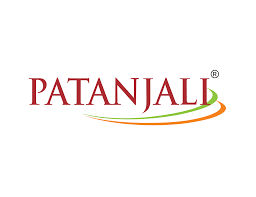




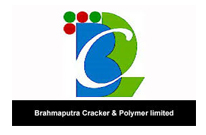




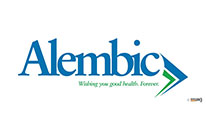



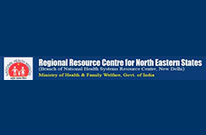


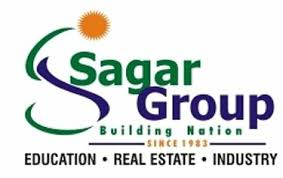
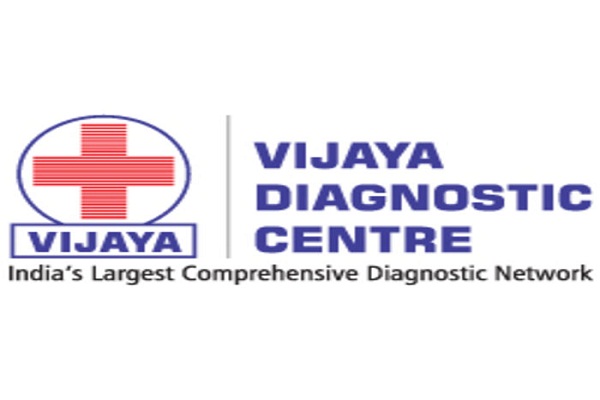

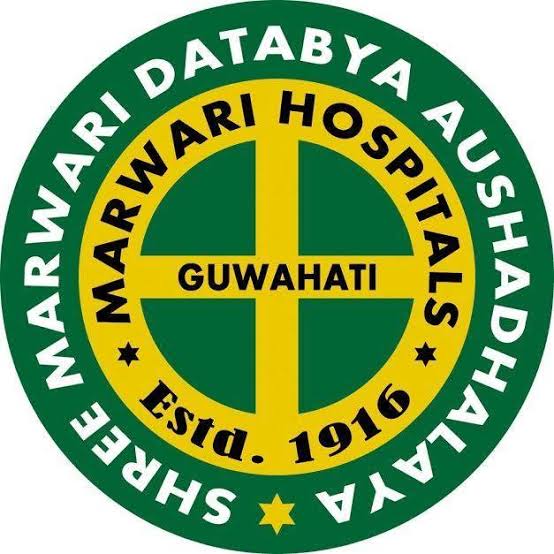



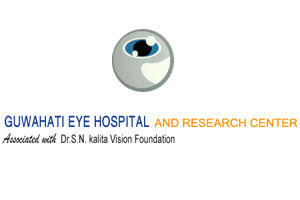



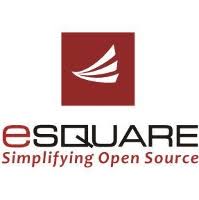
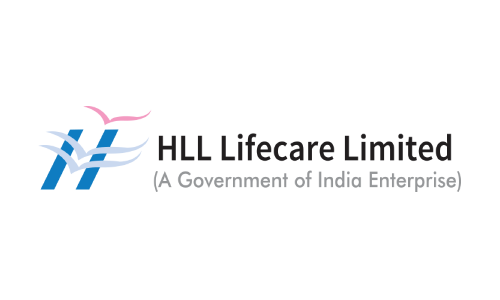
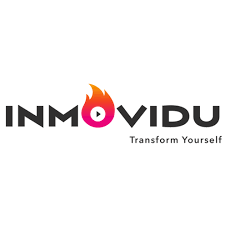

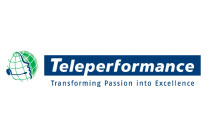








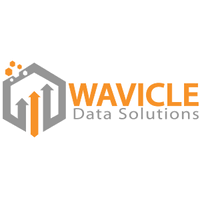
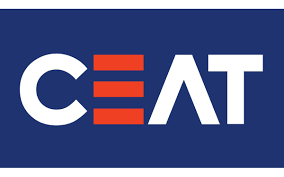





"I am a BBA student of 3rd semester. I hail from Bhutan. I vow that I am having a great experience i...
"AdtU is amazing. I am a BBA student of 2019-22 batch and I am just grateful for the amount of oppor...
Let us be grateful to the people and place who makes us happy. They are the charming gardeners whom ...
Currently I am pursuing MBA in Assam Down Town University. MBA is the professional course through wh...
AdtU is a university that focuses on giving knowledge, education and simultaneously making the stude...
The Assam downtown University has been a great learning experience. The university has provided me w...
My experience with AdtU has been splendid one indeed. Little needs to said about its scenic infrastr...
As a student I am very glad that I have got an opportunity to study here in Assam downtown universi...
My name is Sakhyajit Roy. I?m from Tripura. I joined the university on Auguest, 2017 as a student of...
I share immense pleasure to share my post graduate program experience in Assam down town University....
AdtU is a platform where I got golden opportunities to feed my zeal for knowledge through the dynami...
I am fortunate to get an opportunity to study here in Assam Downtown University. The best thing abou...
Our university is one of the best place for developing ourselves in the field of research and acedem...
ADTU is a university that is very good interms of infrastructure, academics and placements. Our tea...
It is one of best private colleges in North East India, it also provides a good environment for ed...
ADTU is a good University which provides the students with best quality lectures and ensures comfort...
The environment of Assam downtown university is very pleasant.The department of BMLT is very good a...
The university has all the necessary facilities and amenities for students . The classrooms and the ...
Assam downtown University is well recognised all over india. In the ongoing pandemic situation it ha...








